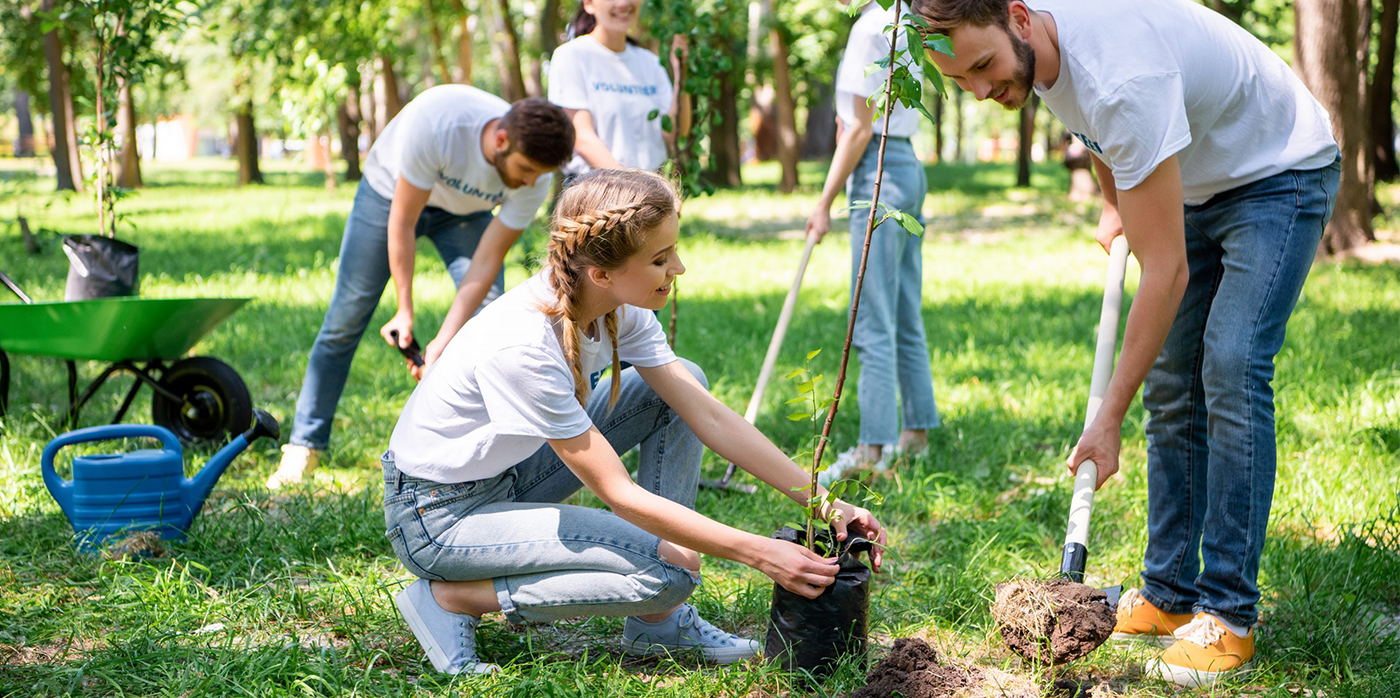Scottish Government’s Nature Restoration Fund Reopens for Applications
Public, private, and voluntary sector organisations across Scotland can apply for funding to deliver projects that address the biodiversity and climate crises by aiding nature restoration.
NatureScot is offering grants for projects for groups across Scotland that restore wildlife and habitats on land and sea and address the twin crises of biodiversity loss and climate change, across the following themes:
- Habitat and species restoration – management for enhancement and connectivity.
- Freshwater restoration, including restoring natural flows in rural catchments.
- Coastal and marine initiatives which promote restoration, recovery, enhancement, or resilience.
- Control of invasive non-native species impacting on nature (INNS).
- Urban: Enhancing and connecting nature across, and between, towns and cities.
Grants are available across the following funding strands:
- Helping Nature grants of between £25,000 and £250,000.
- Transforming Nature grants of over £250,000.
For this round of the Nature Restoration Fund, the priority themes are as follows:
- Habitats and species recovery, such as halting the decline of pollinators, and increasing habitats for amphibians, mammals, and birds.
- Freshwater projects, such as natural flood management solutions, restoring water courses, in-stream, and bank works, increasing lowland ponds, and other water and wetland habitats.
- Coastal and marine projects that contribute to ecosystem-based approaches to managing Scotland’s seas and Marine Protected Areas and the longer-term enhancement or recovery of the marine environment.
- Projects help prevent the establishment and spread of INNS into new areas or target offshore islands and water-dominated environments, which are most at risk of INNS spread.
- Urban environment projects that deliver more connected and resilient nature networks or use existing greenspaces and vacant and derelict land to maximise positive effects for biodiversity.
Funding can be used for contractor costs, capital equipment and material, staff costs, travel and subsistence, irrecoverable VAT relating to project costs, training and skills development, full cost recovery (where there are staff costs, organisational and overhead costs), and costs associated with partnership or collaborative applications. All projects must be completed by no later than 31 March 2026.
There is a two-stage application process, wherein groups must first submit an expression of interest before being invited to complete a full application.
The deadline to submit an expression of interest is 9 October 2023 (noon).
(This report was the subject of a GRANTfinder Newsflash.)






